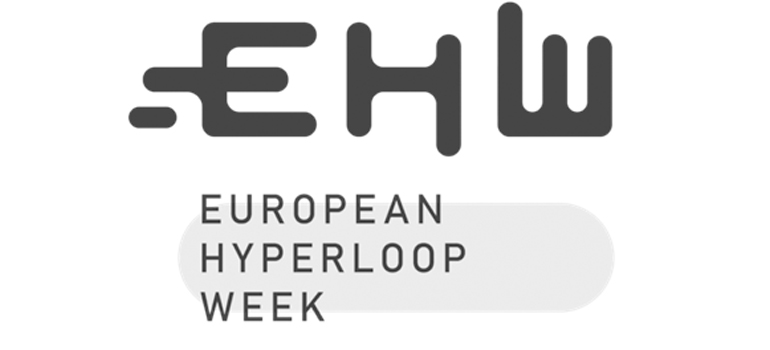
CHENNAI: Forty IIT Madras students worked from their homes to upgrade and manufacture a hyperloop pod prototype that has now qualified for the European Hyperloop Week to be held in Valencia, Spain, from July 19 to 25.
The team Avishkar Hyperloop revamped the pod’s sub-systems with scalable and efficient technologies. In the past few months, they manufactured a prototype which was also tested. The team will participate virtually due to the pandemic-related travel restrictions.
With their upgraded prototype, the team estimates the travel time between Chennai and Bengaluru to reduce to a mere 30-minute ride from the current six hours journey by car or train. The team is working on a detailed study of energy, costs, demand and other business aspects for a hyperloop corridor between Bengaluru and Chennai to assess the economic feasibility of hyperloop in India.
Hyperloop is the fifth mode of transportation, a high-speed train that travels in a near-vacuum tube. The reduced air resistance allows the capsule inside the tube to reach speeds of more than 1000 km/h. Tesla founder Elon Musk proposed the idea of Hyperloop to the world in 2013 through a whitepaper – ‘Hyperloop Alpha.
The team earlier became the debut finalist and the only Asian team to qualify for the finals of the SpaceX Hyperloop Pod Competition 2019 organized by SpaceX. Avishkar Hyperloop is the student team from Centre for Innovation (CFI), IIT-Madras, which is working on an indigenous design and development of a self-propelled, completely autonomous Hyperloop Pod in India. The team is working to develop technologies for future modes of high-speed transportation with applications in various fields including Defence, Logistics and Aerospace Industry, among others.
Kishan Thakkar, team Avishkar lead and a fourth year student, department of metallurgical and materials engineering,IIT Madras, said, “Creating infrastructure such as tubes and pylons take about 70% of the total budget of a Hyperloop corridor. Our research is focused mainly on reducing the cost of this infrastructure and adapting the Hyperloop to the needs of the Indian subcontinent. The team is truly pushing the frontiers of this technology to bring a sustainable future.”
For the latest third iteration of the design, most systems are based on entirely new and highly efficient technologies. For instance, friction braking requires mechanical contact and causes wear. But now they moved to contactless Eddy Current braking mechanism. The Linear Induction Motor (LIM) and custom inverter for the LIM has been designed by the team from scratch to replace the BLDC motors for propulsion.
“Our research has yielded many technological breakthroughs such as the linear induction motor for propulsion, team’s proprietary levitation technology, and contactless magnetic braking system, among others. Looking beyond the pod, the team is also focusing efforts on the design of the hyperloop infrastructure,” said Neel Balar, team Avishkar lead and third year student, department of engineering design, IIT-Madras.
Original News Link
https://timesofindia.indiatimes.com/city/chennai/iit-madras-avishkar-hyperloop-team-qualifies-for-european-hyperloop-week/articleshow/84469087.cms